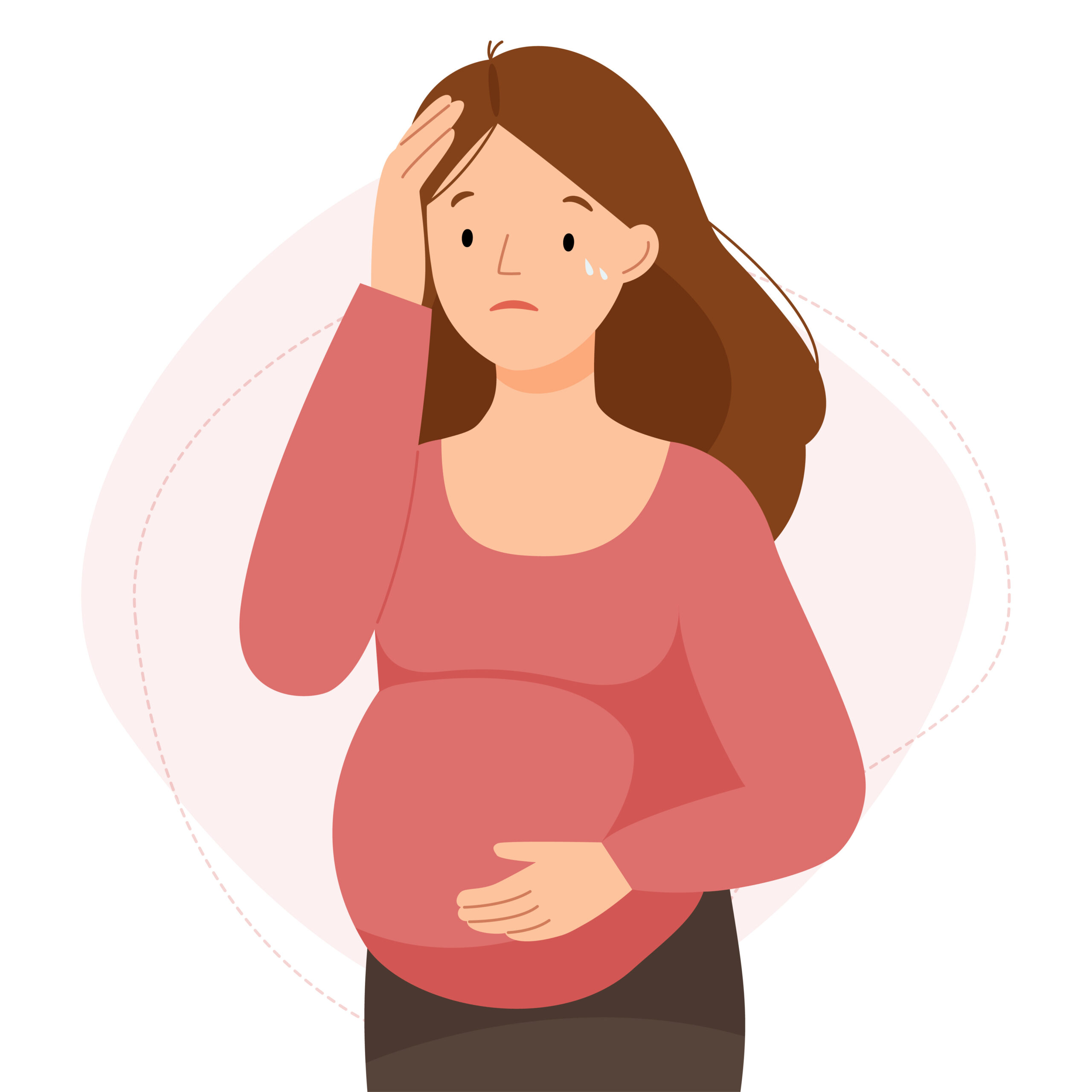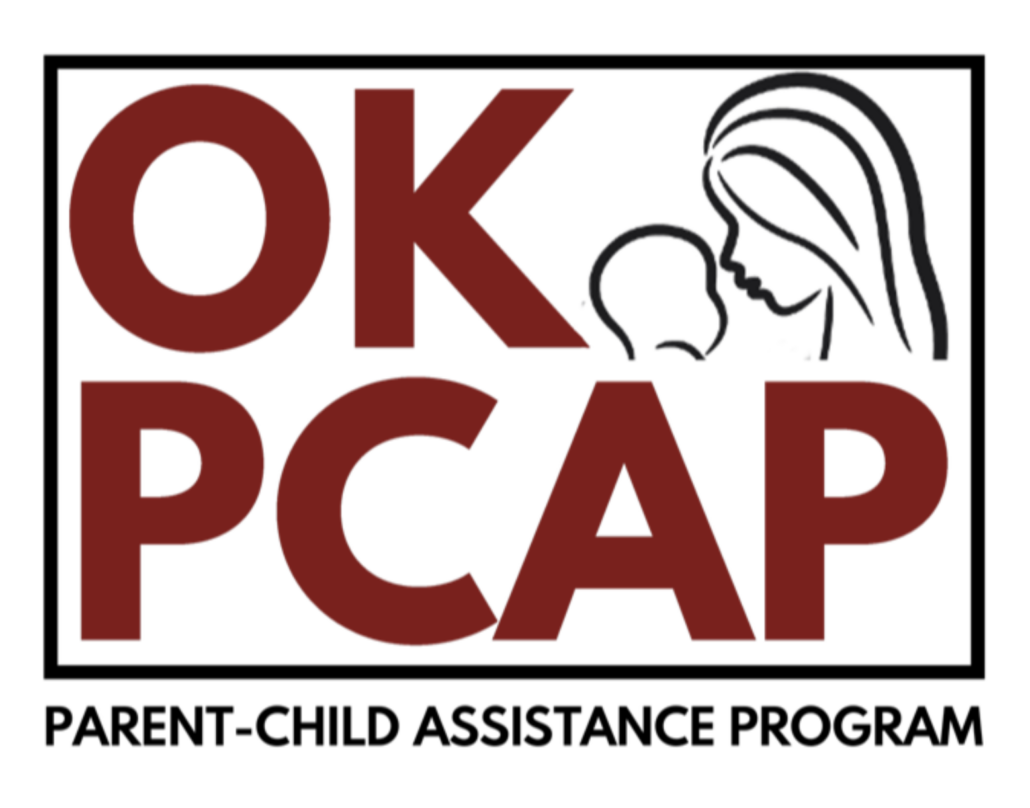Parent-Child Assistance Program (PCAP)
Researchers at the University of Oklahoma are testing a program designed to provide assistance to pregnant and parenting mothers who used/are using drugs or alcohol during pregnancy.

Fast Facts

Women Ages 18+

Either Pregnant, Have a Child under 2 Years Old, or Have a Child Diagnosed with Fetal Alcohol Spectrum Disorder (FASD)

Currently using drugs or alcohol during pregnancy or Receive an Opioid Replacement (e.g., Methadone, Suboxone)

Compensation Provided

Conducted in Oklahoma City, Tulsa, and surrounding areas
Study Background
Researchers at the University of Oklahoma are testing the effectiveness of the Parent-Child Assistance Program (PCAP).
PCAP is an intensive home-visiting and case management program which aims to provide assistance to pregnant and parenting mothers who are struggling with alcohol and substance use. It was previously tested in Washington State, where researchers found that the majority of enrolled mothers were able to obtain drug/alcohol treatment, gain further education, and retain or even regain legal custody of their children.
Participants in the treatment group will be assigned a case manager who will provide them with practical assistance and emotional support throughout the three-year study. Case managers will meet with participants in the participants’ own homes (when possible) twice per month to discuss everything from obtaining drug/alcohol treatment to recovery to child health care. We hope that through this study, we can further establish PCAP as an effective intervention that could one day be expanded nationwide.

Study Background
Researchers at the University of Oklahoma are testing the effectiveness of the Parent-Child Assistance Program (PCAP).

PCAP is an intensive home-visiting and case management program which aims to provide assistance to pregnant and parenting mothers who are struggling with alcohol and substance use. It was previously tested in Washington State, where researchers found that the majority of enrolled mothers were able to obtain drug/alcohol treatment, gain further education, and retain or even regain legal custody of their children.
Participants in the treatment group will be assigned a case manager who will provide them with practical assistance and emotional support throughout the three-year study. Case managers will meet with participants in the participants’ own homes (when possible) twice per month to discuss everything from obtaining drug/alcohol treatment to recovery to child health care. We hope that through this study, we can further establish PCAP as an effective intervention that could one day be expanded nationwide.

Additional Information
Through this study, we aim to test the effectiveness of the Parent-Child Assistance Program (PCAP) as an intervention for pregnant and parenting women who used/are using drugs or alcohol during pregnancy. In the long term, we hope that this research will help us expand the program nationwide.
You may qualify for this study if you meet the following criteria.
Inclusion Criteria:
- Women ages 18+
- Either pregnant, have a child under 2 years old, or have a child diagnosed with Fetal Alcohol Spectrum Disorder (FASD)
- Currently struggle with substance use or receive an opioid replacement (e.g., methadone, suboxone)
- Within 40 miles of Oklahoma City and Tulsa
- Not currently incarcerated
- No legal guardian
Participants will be randomly sorted into either the treatment or the control group. The treatment group will be enrolled in the Oklahoma PCAP for up to three years. As part of PCAP, these participants will be assigned a trained and supervised case manager who will provide practical assistance and emotional support. The case manager will come to the participant’s house (when possible) for meetings twice per month to provide assistance with setting goals and identifying steps to achieve them, obtaining alcohol/drug treatment, staying in recovery, choosing a family planning method, staying up-to-date with child health care and immunizations, addressing housing and child custody problems, connecting with community services, and resolving system service barriers. Participants in the control group will not be enrolled in PCAP and thus will not receive these services. All participants, regardless of their group, will complete a number of compensated surveys over the three-year duration of the study.
Participants will complete several questionnaires over the course of the three-year study, with compensation ranging from $5 for a brief check-in to $40 for a long questionnaire. Participants can receive up to $330 can be earned over a period of 3 years.
There is no cost for you to participate in our research study.

